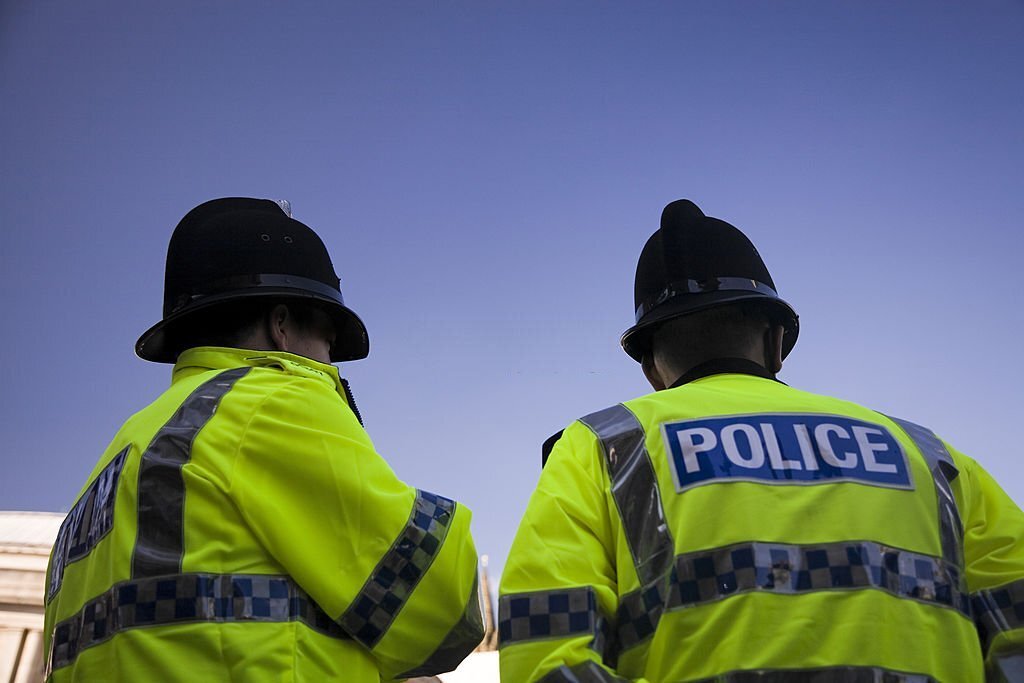The London police have disclosed that there has been a security breach involving sensitive data, including the names, photographs, ranks, and salaries of police officers in the English capital. This breach was attributed to unauthorised access to the supplier system for producing ID cards and badges for the British police. This investigation addresses the following inquiries: What factors have contributed to the recurring incidents of data breaches in England? How has the London police responded to the recent security breaches?
British concern about weak security infrastructure
The His Majesty’s Inspectorate of Constabulary and Fire & Rescue Services (HMICFRS) conducted monitoring of the London Police in response to escalating protests concerning the institution’s performance. The British Police, in an official statement, confirmed that the breach resulted in the theft of officers’ names, job ranks, photos, salaries, and inspection ratings, while it has been asserted that the compromised system did not contain officers’ addresses, phone numbers, or financial information. Additionally, The Sun reported that cybercriminals successfully infiltrated the computer systems of the company responsible for printing IDs and passports for the London Police, which is the most significant police force in the UK.
British police officers are seriously concerned about security hacks.
Scotland Yard has declared that they have implemented security measures in response to the reported incident and are investigating whether the company’s data security was compromised. Rick Prior, Vice Chair of the Metropolitan Police Federation (MPF), strongly condemned it, stating, “We share a deep sense of outrage… this is an alarming breach of security that should never have occurred.” This cyberattack on the London police system occurred just a few weeks after disclosing information in the Northern Ireland police, where details about approximately 10,000 British police officers and employees, including their workplace, last names, ranks, and units, were exposed.
Distrust of young women to the police in solving sexual harassment
A staggering majority of young women in this nation have faced sexual harassment, leading to a troubling erosion of their confidence in the police’s ability to address this issue. According to UN Women UK, an alarming 97% of women aged 18 to 24 have reported experiencing sexual harassment. Even more disturbingly, 80% of women across all age groups have encountered this issue in public settings.
Institutionalised corruption in London police stations
Publication of images of women killed by British police officers and institutional corruption in some police stations in London are other accusations attributed to the capital’s police. In one case, it was reported that the police officer had an immoral relationship with an addicted woman, and in another case, the police officer stole money from the deceased.
The cover-up of security institutions from the violations of police officers
According to The Times, have been 1,147 hearings convened to address police officer misconduct since 2018, with the assignments of 502 of these officers needing to be clarified. A quarter of the remaining 645 hearings were conducted in private, and no further information is accessible. Many officers found guilty, as legally mandated, have had their names and ranks concealed by this security agency. Additionally, the specifics of officers terminated from the police force are seldom disclosed and are typically removed from the police website within a few weeks.
The support of the UK government for the strictness of the police
The British Home Secretary has introduced legislation granting more authority to British police officers handling climate protesters and curbing their demonstrations. The protest marches organised by climate activists have been a source of ongoing contention within the UK government. A previous bill aimed to prohibit protesters from strolling to prevent traffic disruptions was unsuccessful last year. Now, British Home Secretary Suella Braverman has presented another proposal to Parliament. This law took effect on April 28th, empowering British police officers to conduct stop-and-search operations on protesters and enabling them to exclude specific individuals from participating in climate protests.
The UK government’s conflict with the ECHR
This law could eliminate the historical tactics the civil resistance movement used. Critical voices against this law are also raised in the Parliament. In a report, the Joint Committee on Human Rights in the British Parliament described these plans as an unacceptable threat to the fundamental right to peaceful protest. The committee stated that the UK government could conflict with the European Convention on Human Rights.
Intensification of conflicts due to the application of new laws
Experts also doubt the effectiveness of this law. Stephen Reicher, a professor of social psychology at the University of St Andrews who studies the impact of different forms of police behaviour on the population, writes in an article in the Guardian: “If the police impede actions that everyone in the crowd sees as a basic right, then they can unite even the most diverse and fractious crowd against them. In the case of the proposed legislation, intervening against crowds even without disruptive behaviour is likely to have such an effect.”
Rishi Sunak’s position on the implementation of new laws in UK
“It is unacceptable that people’s lives are being disrupted by a “selfish minority,” says Rishi Sunak. He justified this action as follows: The people of our country are law-abiding citizens who deserve to be protected from the minority who want to make their lives ugly. Civil rights activists warn that the British Conservative government is pushing the country towards authoritarianism.
The need for London police to be held accountable for other recent scandals
The London Police are now under pressure to address the issues highlighted by the inspection agency and enhance their performance. While the published reports did not specify the identified problems, observers suspect that the inspection organisation’s decision is closely linked to the series of scandals involving police officers, including incidents such as the high-profile cases of sexual harassment and the tragic murder of a young woman, Sarah Everard, which garnered significant media attention in recent years.

